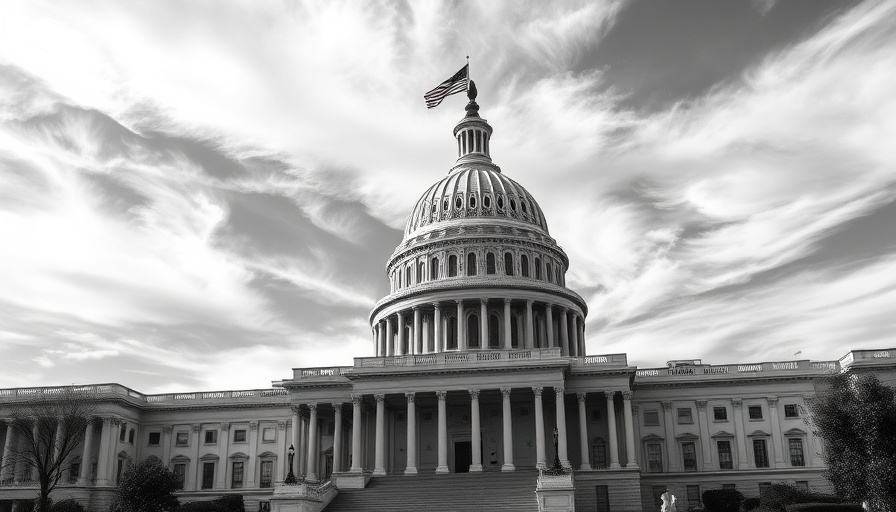
A Dangerous Turn: What the New Budget Cuts Mean for Older Adults
On July 3, 2025, the House of Representatives made a historic decision by passing a budget reconciliation bill (H.R. 1), a move that many see as a devastating blow to millions of older adults throughout the United States.
This legislation, swept through with a tight 218-214 vote supported only by Republicans, has opened the door to the largest cuts ever seen in critical social safety net programs such as Medicaid and the Supplemental Nutrition Assistance Program (SNAP).
A Callous Decision with Wide-Ranging Consequences
As expressed robustly by Kevin Prindiville, Executive Director of Justice in Aging, the cuts to Medicaid, Medicare, and SNAP will strip health coverage from an estimated 17 million people.
These changes are not just numbers; they represent real lives, real families, and a real attack on the dignity and well-being of our elders.
The implications are far-reaching and severely undermine the progress that has been painstakingly built over decades to provide basic needs support for older adults.
Historical Echoes: Medicare and Medicaid's Foundational Promise
This decisive moment is particularly poignant as it comes on the 60th anniversary of Medicare and Medicaid's establishment. Back in July 1965, President Lyndon Johnson laid the groundwork for these programs by stating, “Never to be indifferent toward despair” was an important tradition for America.
This recent legislation, however, reflects a stark departure from that guiding principle, as it threatens to push many vulnerable elders into despair.
Community Voices Matter: The People's Response
Faced with such dire proposals, engaged citizens and advocates across the nation have rallied to voice their concerns. Reports of public outcries and community-driven initiatives blossom, showcasing the significance of community solidarity in resisting policies that put seniors at risk.
Older adults, advocates, and grassroots organizations emphasize an unwavering commitment to preserving the dignity of aging citizens and ensuring that their needs are met.
Future Trends: The Fractured Safety Net and Its Implications
With such historic cuts now looming, the future of the social safety net feels uncertain. If deeper cuts are enacted, we may witness a larger trend of privatization and reduced governmental support for essential services that many rely on.
This alarming trajectory could prompt further backlash from both sides of the political aisle. Activism and advocacy will become more crucial than ever in shaping the dialogue around elder care, as pressure mounts on Congress to reconsider this path.
Actionable Insights: What Can You Do?
For those who care deeply about this issue, there are actionable steps to take. Advocacy efforts can begin at the local level - join community meetings, engage with local leaders, and support organizations that amplify the voices of older adults.
Stay informed and share these concerns. Every voice counts in pushing back against harmful policies. This is not just a political battle; it's a moral one, and every action helps to instill hope in our communities.
Conclusion: A Call for Community Strength
As this new budget law stands poised to dramatically alter the landscape of elder care, it’s clear that the fight for justice is far from over. Justice in Aging’s commitment to advocating for the rights and dignity of low-income older adults embodies a crucial stand in these challenging times.
It is imperative that communities foster support for one another and remain vigilant in holding our leaders accountable for the well-being of all citizens, particularly those who cannot advocate for themselves. Let us stand united as we challenge the status quo and ensure that aging in America is a journey filled with dignity and respect.
 Add Row
Add Row  Add
Add 




Write A Comment